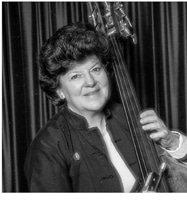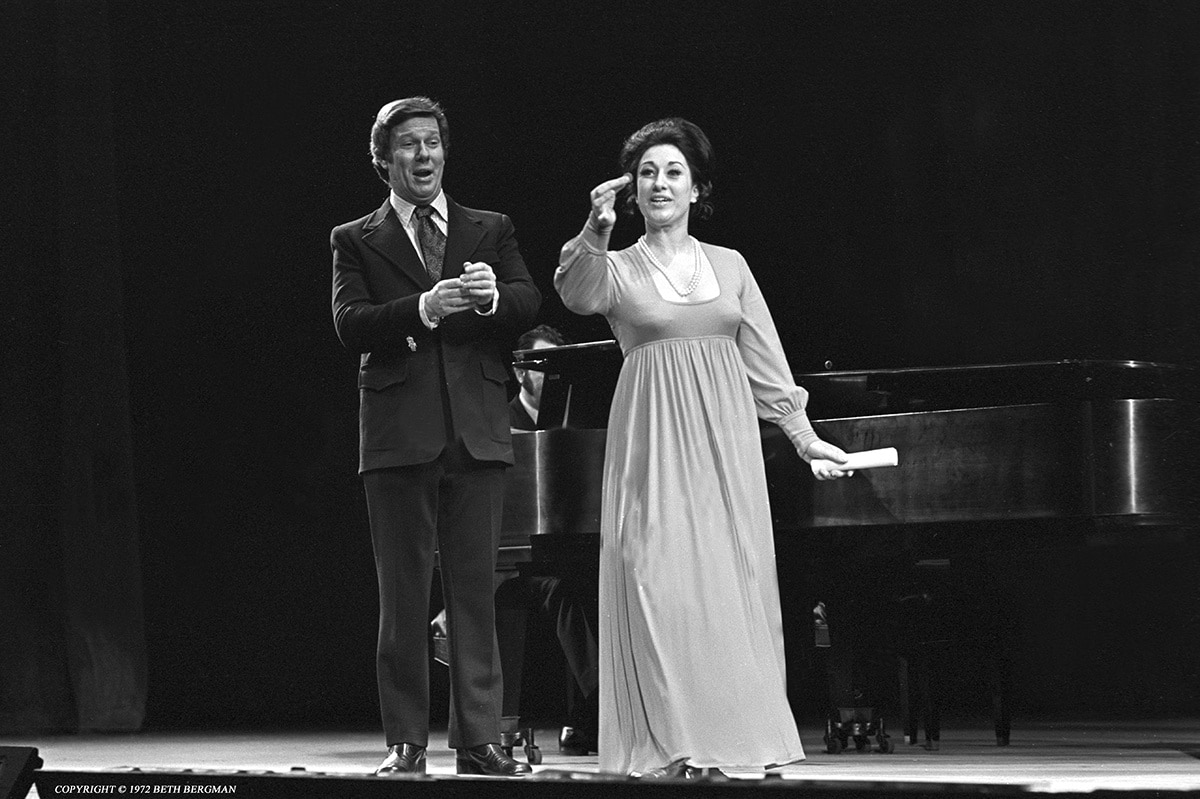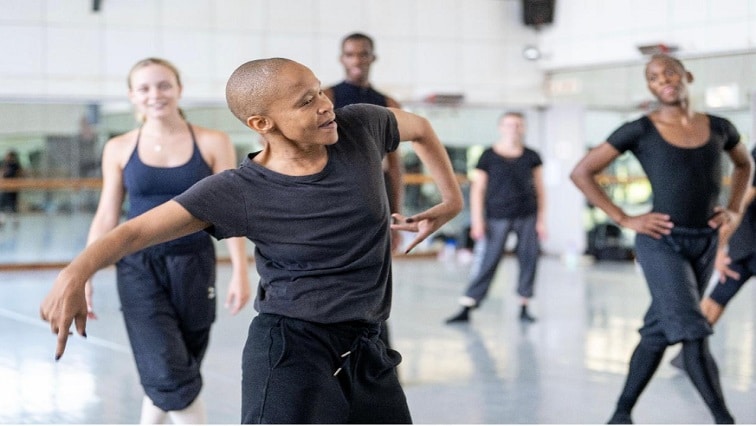The Canadian musicians the US would not let in
NewsCanadians are reading of the death aged 97 of Ruth June Budd, a doublebass player in the Toronto Symphony who was refused entry to the United States in November 1951 with five other players when her orchestra planned to come over on tour.
It was the peak of the McCarthy era and the six, who included concertmaster Steven Staryk, were suspected of leftwing sympathies.
Shamefully, the orchestra terminated their contracts in order to save the tour.
Ruth spent the next 13 years with other Canadian orchestras.
In 1964 she was rehired by the Toronto Symphony.






Canadians were reading about this more than a month ago — she died on June 30.
“Shamefully, the orchestra terminated their contracts in order to save the tour.”
They didn’t do it shame-fully, they did it shame-lessly. No one with any sense of shame would have done such a thing.
“It was the peak of the McCarthy era and the six were suspected of leftwing sympathies.”
It would have been more than that. As usual, with this period in history and its tropes, context is conveniently forgotten. The US and much of the world was in an anti-communist phase – for good reason. Millions of American lives were being lost trying to fight vicious oppression and idiots back at home were frolicking with the very kind of ideology which cost those lives.
Not the sharpest tools is the shed. Worse than that, in fact.
Perhaps they thought just as the Left does today; that the 2nd world war was being fought by toxic males!!
Oh, change the record. Nothing excuses the sort of abuse and ruination people were put to by elected officials with an idée fixe. Innocent people’s lives and careers were destroyed, sometimes out of some personal spite. McCarthyism is properly discredited.
And communism was NEVER the threat to the US that you think it was. Yes, of course, there were some spies, as in other countries, but the vast majority of tax-avoiding, acquisitive, private enterprise-driven Americans, then enjoying a golden period of prosperity, would never look at communism sideways.
Another fact-free comment from Sue.
Please tell us where and when “millions” of American lives were being lost to Communism in the early 1950s.
Please provide full details of the Symphony Six’s alleged communist activities.
And finally, please explain how McCarthyism, soon to be widely discredited, was a boon to American society.
I expect she means Korea, and I don’t think “millions” is dead accurate ( 🙂 )
I would be interested, too, in what the Symphony Six was perceived to have done. Communism never had much of a foothold in Canada — I worked as press secretary in a federal political campaign once, and among the fringe parties were the CPC AND the CPC-ML (I’m sure Sue can figure it out). Between them, in a large riding, they garnered about 34 votes.
The Americans have long had a policy of ban first, check later, if at all, and decline to apologise, explain, retract. The case of Maher Arar is well known, but there have been countless examples of people put on “watch lists” and refused entry because of similarity of names to someone else, no connection at all. Not that it is exclusive to us: it has happened to Brits, and it also happens to voter lists in certain Southern states.
I have been in 50-odd countries around the world, including some very communist ones when that was still a force, and the only place I have ever met with hostility — not challenge, just a surly attitude — is when I have entered the US by air. (By land was usually easy and always friendly). And this was long before 9/11, since when I would not consider going to the US, least of all by air. Not worth the incredible aggro my friends who have to go there on business report.
SSF, So what’s the rationale for persecuting them: they might transmit music world gossip to the Soviets?
The Mccarthy era was an era of pure evil. Many perfectly innocent people lost their lives were ruined. I know, they were friends of my family. It was a terrible time. Please do not talk about things when you have no knowledge of them. It is just insulting to the memories of the fine, patriotic Americans we knew.
There is a typo, it should say “many perfectly innocent people lost their jobs, their lives were ruined.”
Steven Staryk was one of them. He went on to much greener and more musically satisfying pastures.
First time I ever saw him was as a student, with the TSO at the old (and wonderful) Massey Hall. So it seems he, too, forgave the orchestra.
Autre temps…the TSO was just starting to get a foothold, and the tour would have been beneficial to all the players. Yes, it was a shameful decision. But in those days the criterion might have been the greater good. (Today it would be diversity — what do you bet a lot of contracts will not be renewed if a halfway able POC shows up. Despite better labour laws and human rights legislation).
Steve Staryk writes at some length about this entire episode in his autobiography, “Fiddling with Life” written with Thane Lewis. It was and remains a mystery to him. He had always traveled freely to the US for lessons and other reasons. Not so many years later when he sought to become the Chicago Symphony’s concertmaster, it became evident that the “barred for life” prohibition of 1952 meant nothing anymore, it was simply not an issue.
Staryk’s book quoted Ruth Budd as saying that people who had been among her closest friends would now cross the street to avoid being seen talking to her. She also reported overhearing a fellow musician say “She must be a Communist. Do you see how much she reads?”
Staryk was very disappointed that his conductor Sir Ernest MacMillan did next to nothing to support the six musicians who were denied travel (and replaced by MacMillan), but noted that MacMillian may have felt vulnerable since in the 1940s MacMillan had been a member of the National Council for Canadian-Soviet Friendship.
Staryk could only speculate on how he got on the list as a communist sympathizer but suspects it was because as a child of Ukrainians he took full part in all manner of Ukrainian activities in Canada, needed money badly and as a talented young violinist played for all sorts of ethnic and religious groups, many with left wing affiliations. As a 14 year old he had grabbed at the rare chance to play the Mendelsson Concerto, in Massey Hall — at what he later learned was a memorial for Lenin! On such slender evidence of teenage concertizing for possibly “tainted” groups was his own prohibition born, and we can but speculate what was behind Ruth Budd’s. He does write that the musician’s union was “useless” in supporting the Symphony Six in this affair.